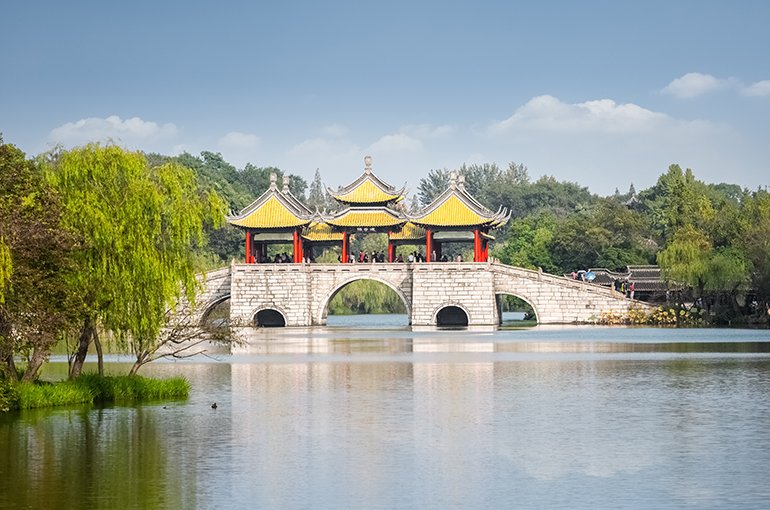PhD defense Meimei Wang: Institutional development and change in the management of the Grand Canal, 1700-1850
Meimei Wang (research assistant of Bas van Leeuwen) succesfully presented a case study on the institutions related to the management of the canal in Yangzhou during the period 1700–1850. The main question addressed by this thesis is why the institutions that managed the canal were initially successful but proved to be ineffective in the long term.
Local level
In order to investigate this question, it is necessary to understand the mechanisms behind institutional change. We follow the local society of Yangzhou to explore the interactions between the central government and each social group at local level, to disentangle the role that these interest groups played.
Emperors vs local groups
We find that emperors made many efforts to manage the Grand Canal. Yet, the practical management depended on the responses from other societal groups. The activities of these groups were determined to a large extent by how much each group’s dependence on the canal, by the local power dynamics in Yangzhou, and by the relationships amongst these societal groups.
influential at the court
Without an effective supervision mechanism, various forms of collusion in pursuit of individual interests, especially among local powerful groups, became predominant in Yangzhou society. On issues related to local common interests, local interest groups in Yangzhou came to form the unanimous voice influential at the court. As a result, institutional developments which would harm local interests were actively blocked by strong resistance from local society. Within local society, each group competed in striving for their own private interests or small ‘territory’, and the common good was excluded from their consideration and sacrificed.



